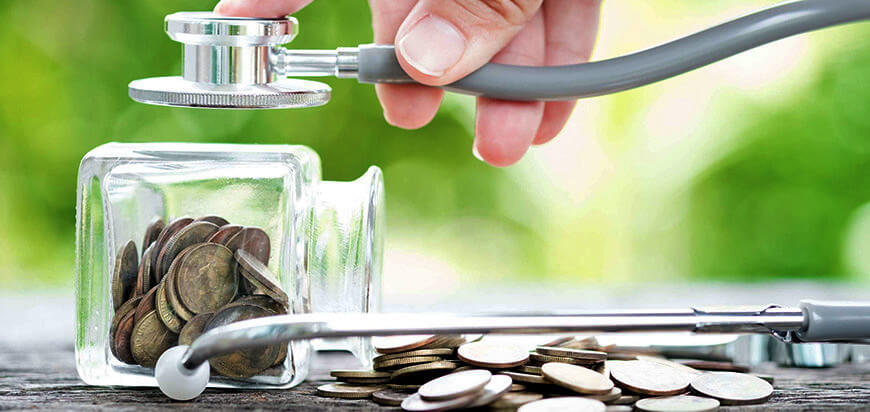
Many of us will visit the doctor and have a few tests run once a year, just to ensure we’re in good health, but few of us will do the same thing about our finances. Very often, it’s because we’re afraid of finding out the truth; that we may not be as financially settled as we’d like to be.
However, with finances, only the truth can set you free. Thus, we encourage you to take the time to do your own quick financial health check-up, just to know where you stand.
Here are some things to consider when doing your own quick financial health check-up.
What is your Debt Service Ratio (DSR)?
DSR is calculated by dividing your total monthly debt obligations by your total regular monthly income and then expressing that figure as a percentage. DSR is a globally used quick indicator of financial health and creditworthiness; it shows how much of your income is going towards debt payments. Keeping DSR as low as possible is best and anything beyond 60% is an indicator of trouble; that you are financially stressed just to keep up with your debt payments and maintain your lifestyle.
Review Your Monthly Budget
If you don’t have a budget, now would be a great time to create one. If you have a budget, check to see you’re keeping to it. If not you need to make changes, as consistently going over budget has serious negative impacts on your financial health.
If you are keeping to your budget, look carefully to see if there are ways you can make it even more efficient, without unduly sacrificing your standard of living.
Balance Your Personal Accounts
This is often the ultimate test of financial health.
First see how much money you made last year. Then figure out how much money you spent last year. This can be tricky as most of us do not track our expenditure. If you’re not sure, you can review bank and card statements to get an idea.
Now deduct your expenses from your income and you should, ideally, find that you’ve spent less than you’ve earned. If this is the case that’s good, if it isn’t then you need to change this.
What is Your Net Worth?
You can calculate this simply by adding the value of all your assets together including cash, investments, property etc… and then subtract your total liabilities from this figure; this includes all debt and can include other recurring obligations such as tax and insurance.
Don’t worry if you’re young (20’s, early 30s) and your net worth is negative. But track it and make sure it’s trending upwards
How Can You Improve Your Net Worth?
Simply, you need to increase assets and reduce liabilities. This means saving money and investing it wisely. Products like Nations MaxBonus savings accounts and Nations Personal Investment Plans can help. You also need to reduce your liabilities. You can achieve this by channeling more money towards debt repayment and also by consolidating high-cost debt such as consumer debt into more efficient and low cost instruments such as personal loans or home equity loans, with better terms. Speak to us to learn more.
Insurance
We never know when disaster may strike and insurance can ensure that finances are looked after when it does. Are you sufficiently insured for health, home, vehicle and even life? If not, think about getting good insurance for your peace of mind.
Evaluate Your Financial Goals
Where do you want to be in five years? What was the answer to this question five years ago, if you did ask it?
Are you on track?
If not, you need to take steps to get on track. Nobody achieves financial independence by accident. It is usually the result of consistent, diligent effort and discipline over the long term.
If you haven’t yet started on this journey, then the best time to start is now!
Are you up for the challenge? Because, we’re ready to help you!
For more information
Get in touch

 Lifestyle
Lifestyle 










